The suicide of a reality TV star rocked Japan and the world- but will anything change? A look at the dark side of living in the spotlight.
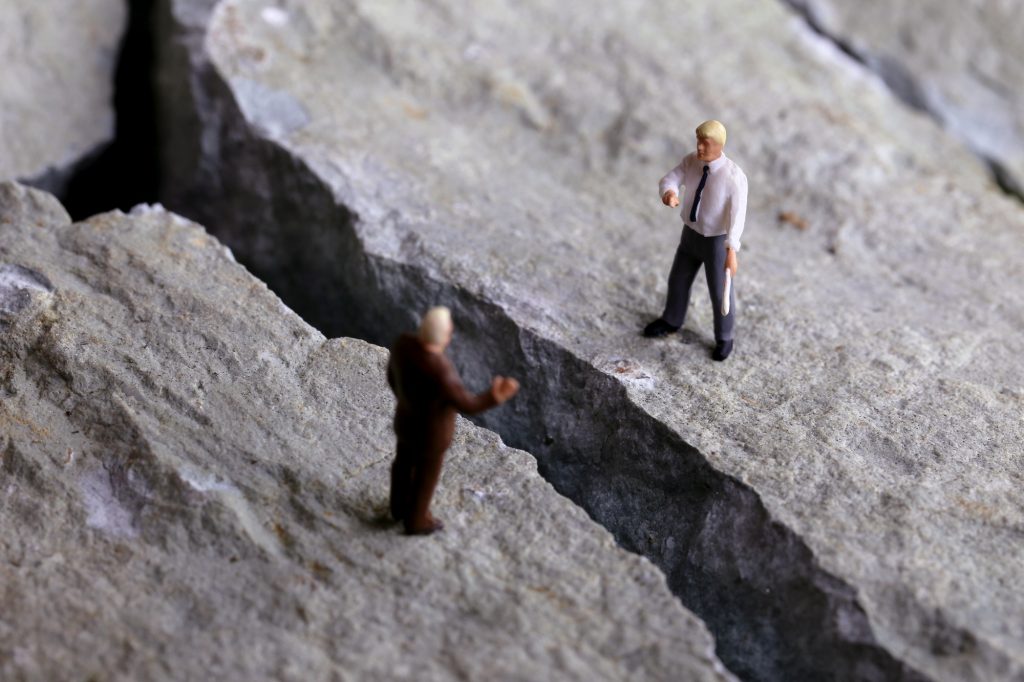
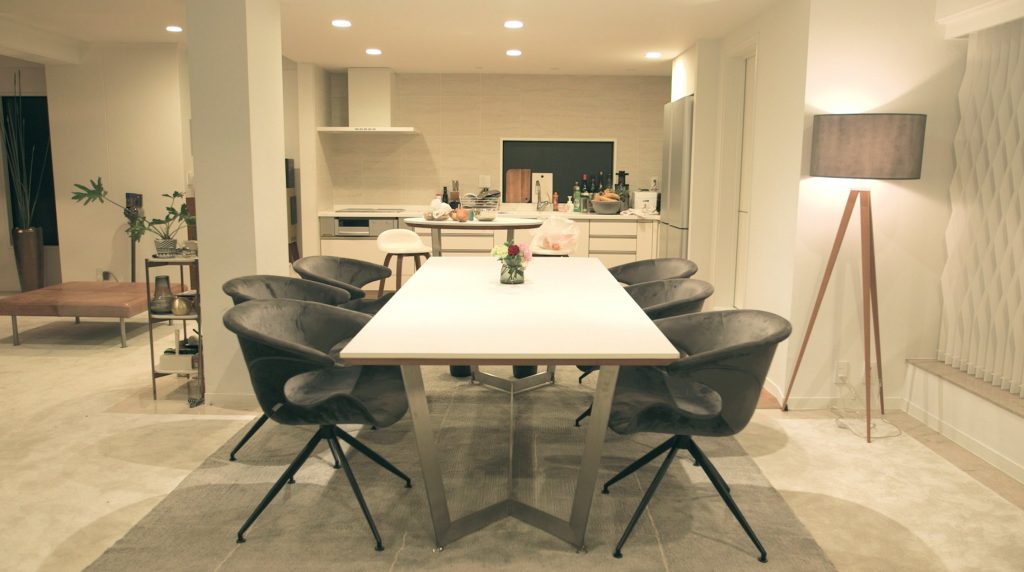
We as humans have long craved entertainment: the gory gladiator battles at the Roman colosseum; wrestlers on TV performing over-exaggerated, campy violence; American football games where large bodies crash into one another with frightening force, tumbling at high speeds. It’s an undeniable thrill. It’s human drama.
What gets lost in the cacophony of being deliciously entertained, however, is the pain accrued by those being watched. For some individuals in reality television, a form of entertainment that has grown in popularity in recent years, the price of the spotlight has become unbearably steep. Some, such as Hana Kimura, have chosen death as the way to outrun the cruel, anonymously-posted comments directed at them online, unable to cope with the sense of deep social rejection.
An Undeniable Hurt

Kimura was a housemate on the Japanese hit reality show Terrace House, a show with a wide fan base that sometimes loved, sometimes hated the rotating six members, and had no issue voicing their blunt views online. After Kimura had a verbal altercation with a fellow cast member in an episode that aired in Japan this past March 31, the harsh voices of the anonymous public, so often the self-appointed jury in cases of media sensations, condemned her and pushed Kimura to her breaking point.
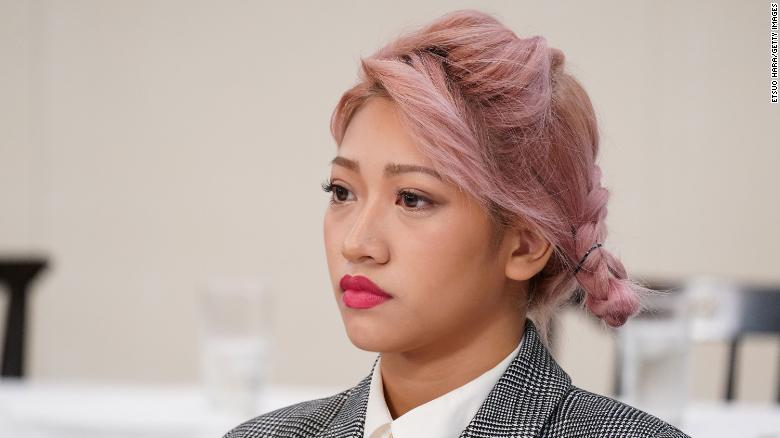
Shortly before her tragic suicide on May 23 of this year, Kimura tweeted messages, including, “Every day, I receive nearly 100 honest opinions and I cannot deny that I get hurt,” and “I don’t want to be a human anymore. It was a life I wanted to be loved. Thank you, everyone, I love you. Bye.”
It’s worth noting that Kimura was an entertainer in two arenas: that of the wrestling ring, and that of reality television. The spotlight glared on her twice as brightly, and the deluge of criticism, whether about her wrestling gigs or her reality TV appearance, poured down. She was 22 years old, an age at which many are still struggling to root themselves in confidence and rise above the opinion of others in their life, let alone the faceless critics that hide behind avatars, keyboards, and privacy laws.
A Global Affair

Others older than Kimura, however, also found themselves in the clutches of reality TV fame, feeling the intolerable pain of social scrutiny. Three stars from the British hit reality show Love Island, including the show’s host as of this past February, have died of suicide in the last four years. All are suspected to have succumbed to some form of trial by media, whether it be anonymous trolls attacking them online for how they were portrayed on the show or, in the host’s case, the news and social media platforms that aired out her personal drama.
ITV, the production company behind Love Island, released new guidelines in May 2019, addressing their new strategy for the mental health care of their contestants. This includes “detailed conversations with potential Islanders regarding the impact of participation on the show, bespoke training for all Islanders on social media and financial management, and a proactive aftercare package which extends our support to all Islanders following their participation.”

After Kimura’s death, swifter action followed. The remainder of the latest season of Terrace House was canceled, and new seasons of the show are unlikely to be produced—unless, perhaps, new standards and guidelines, such as ITV’s, are provided and enforced. Meanwhile, members of the Japanese legislature vowed to enact cyberbullying laws, and social media platforms such as Twitter Japan and Line declared that they “will ban users from defaming others and terminate the accounts of those who fail to comply,” Nikkei Asian Review reported.
Is Hate Speech Free Speech?
While strengthened anti-cyberbullying laws are, on the whole, a positive step, some experts worry about censorship, endangering freedom of speech—a right many in the US hold very tightly to their chests, even if it means keeping cyberbullies like the ones who contributed to Hana Kimura’s suicide safe and protected. While Japan may succeed in tightening its laws around the online bullies, it will be a hard case to be won in the States. Whatever the outcome, cyberbullying is an issue that has seeped far beyond country borders, making it a major, deepening issue around the world.
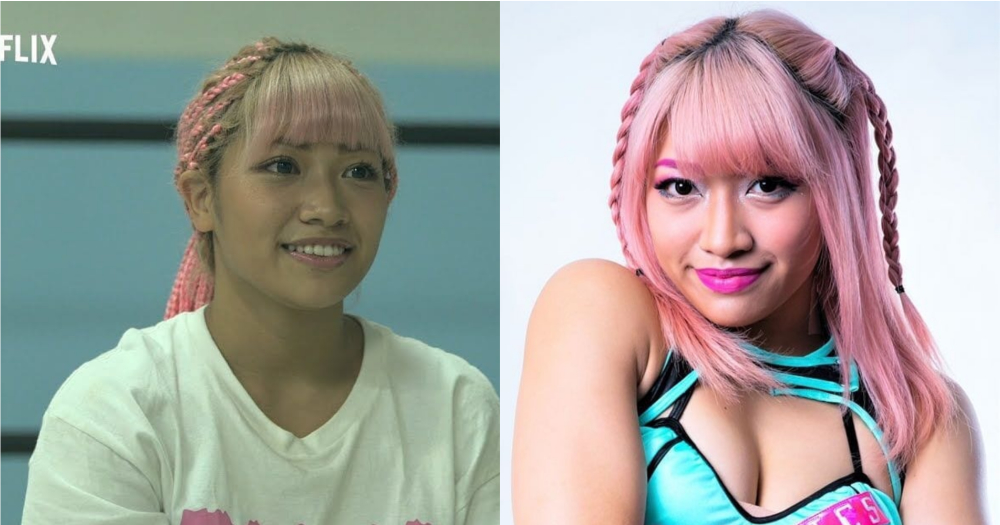
Many seem to feel that it is up to the TV production companies to enforce stricter vetting processes for the contestants they select for their shows. This would include ensuring the potential castmates are sturdy enough to handle online critiques, as well as providing solid aftercare, as ITV’s guidelines state. The follow-up would check in with the former participants, make sure they’re handling the pitfalls of reality fame steadily, and to offer further assistance if needed.
The High Cost of Being Entertained
Before May 23, one of the most beloved elements of Terrace House was the panel. The brash, funny, laidback commentary from the entertainers, sitting languidly on comfy-looking couches on a set that resembled a cozy living room, cracking jokes about six young members—one of them, Hana Kimura—that lived in the house was a highlight of every episode. Small, bright, and cheerful stretches that broke up the slow-paced story developments gave viewers a connection with the show not often found in Western reality TV (that connection was so poignant, we covered it back in the fall here).
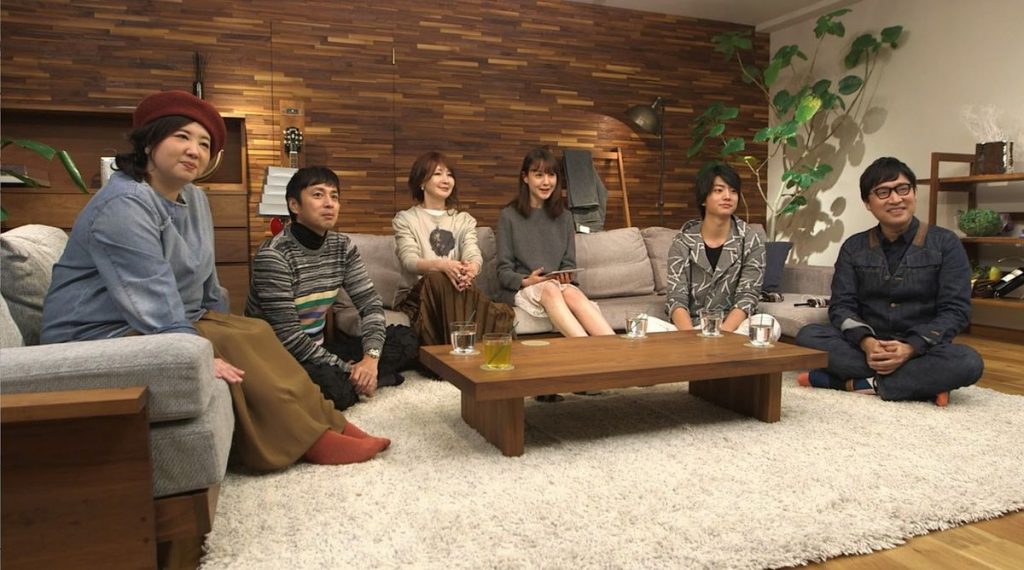
Now, unfortunately, it’s painfully clear that those small stretches of brightness for fans may have been part of heavy darkness cloaked on the shoulders of the housemates, at whose expense the panel’s witty jokes and casual judgments were made, each criticism a sharp cut to the heart. Their opinions may have created a space online where anonymous viewers felt encouraged to voice their harsher views, telling some members to kill themselves or go away.
After Kimura’s death, other housemates spoke out (ironically, on social media, the one platform left to them—their blessing and their curse) on their painful experiences with cyberbullying and the slanderous messages they receive on a daily basis.
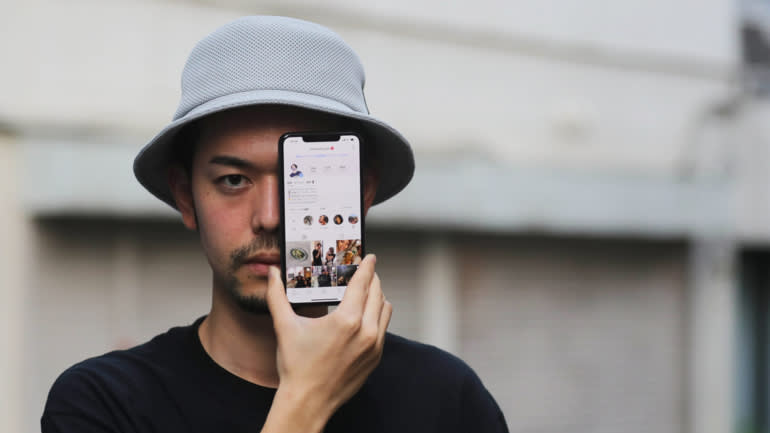
If the show does come back, it would be no surprise if it returned panel-less, or, perhaps, with a panel that understood the weight of their words. But, then, is Terrace House still Terrace House without a brash, honest panel? However, if nothing changes, the question must be asked: are we as viewers willing to sweep aside the pain of others to quell the centuries-old desire to be entertained? What price, as a society, are we willing to pay?
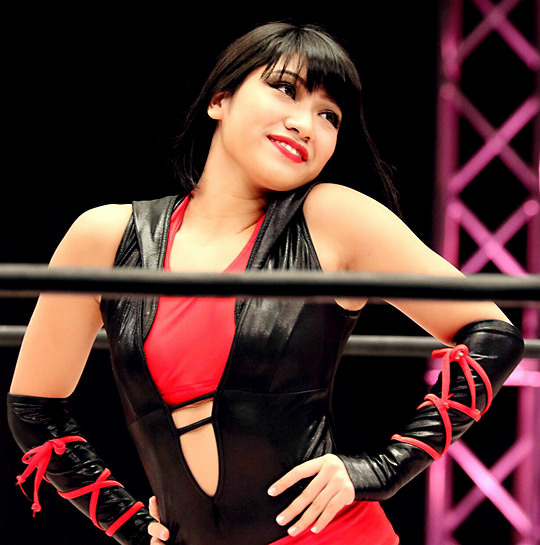
Related Articles
AI Girlfriends: Exploring the World of Virtual Companions
AI-generated girlfriends are growing popular on Japanese Twitter. Learn more about what they can do, and what it could mean for the future.
Discover Japan’s Top 10 Must-Visit Places
From stunning landscapes to bustling cities, Japan offers many unforgettable experiences. Here are Japan’s top 10 best places to visit!





